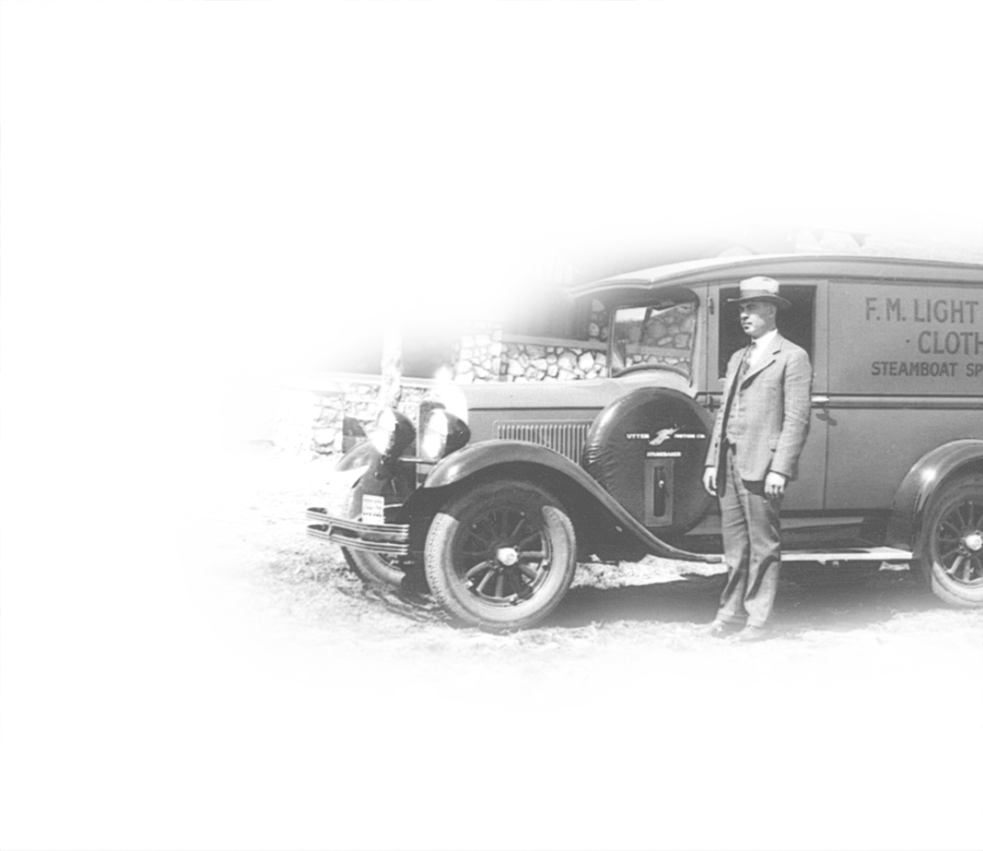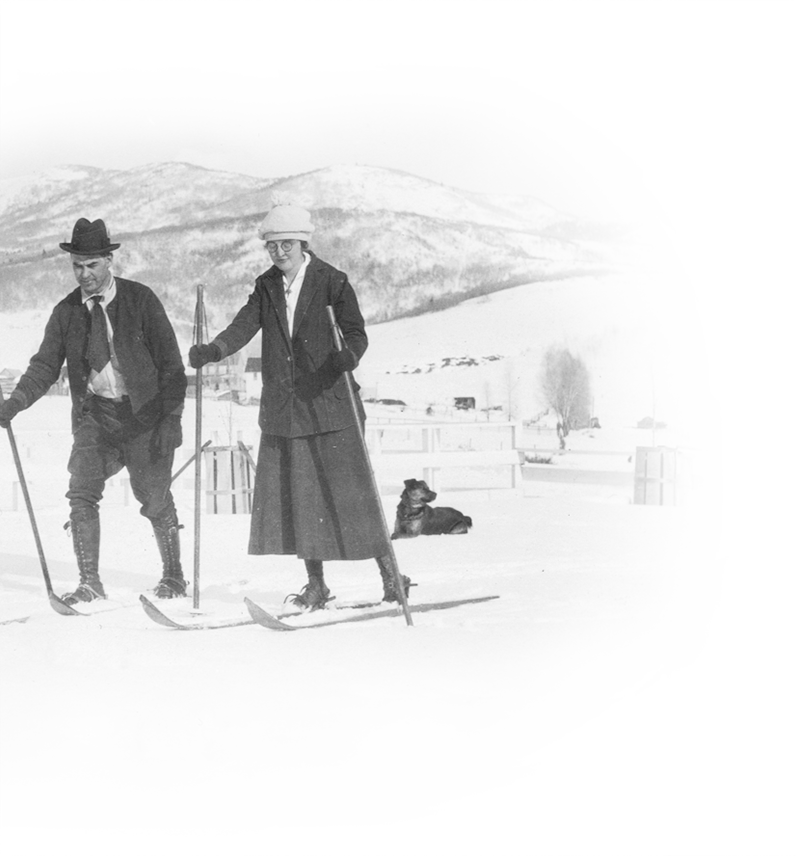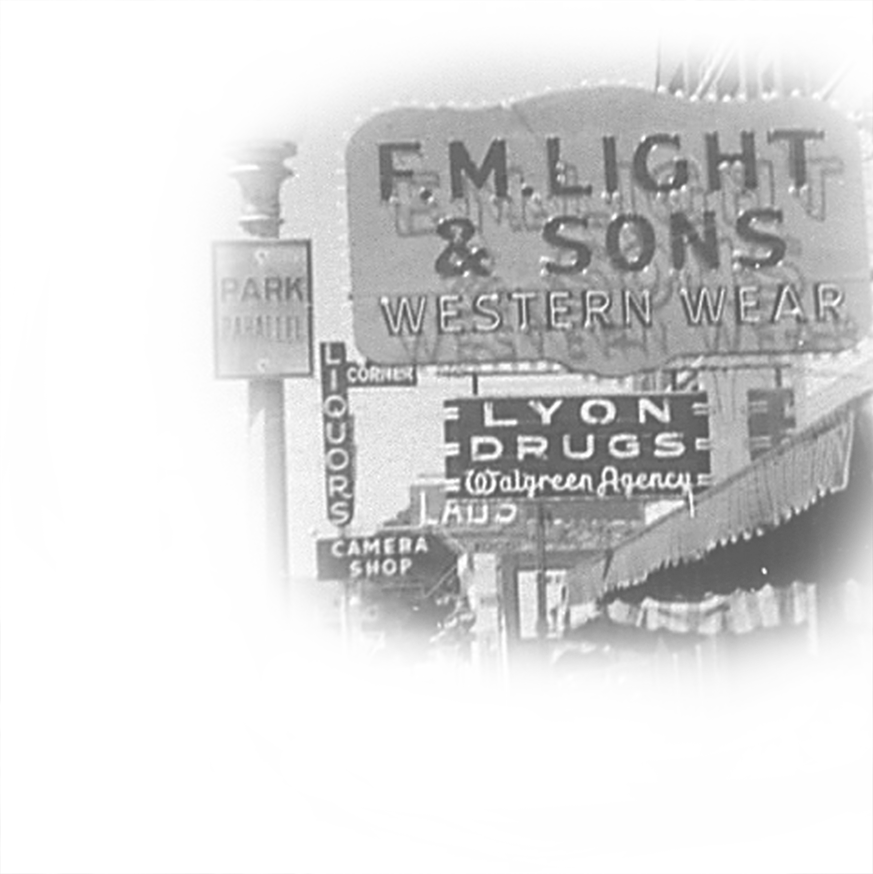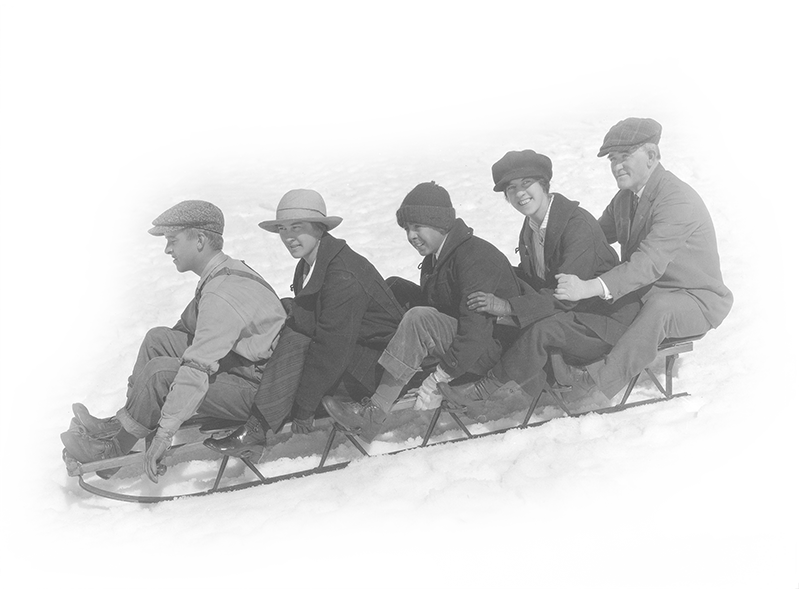Legends and great historic events are filled with the stories of people who accomplished magnificent feats heroism that most of us can only imagine doing. In the midst of our daily lives which – let’s be honest – sometimes get a little mundane, these stories inspire us and spur us on toward better things. Toward goals, toward change, towards rest; toward whatever it is for which we keep our nose to the grindstone. It is good that these stories inspire us, but it is easy to forget that the daily grind is really quite important as well.
Edison famously said that “genius is 1% inspiration and 99% perspiration.” This can be true on a plane of personal achievement as well as that of a society. If it wasn’t for individual people each trudging through the daily minutia of their lives then no significant historical event could have been possible. These individuals, however, are hardly ever recognized for their faithful repetition of the mundane, let alone appreciated for it. Yet it is their sacrifice – their perspiration, as it were – that makes the genius of Edison so brilliant. It is the factory worker riveting part after part to panel after panel that makes Ford’s assembly line so efficient, and therefore famous.
Like any other frontier, the American West would not have become a place of fortune and prospect if it had not been for the trapper who routinely checked his line in the cold of winter, or the child who gathered buffalo chips for the fire amid the circle of wagons. Had it not been for the cowboy riding drag along the thousands of miles of the Western Trail between Texas and Kansas, Dodge City might never have had its boom, let alone become a place where Western history was made. Yet because these people got up before the sun rose and diligently plodded until it was too dark to continue after the sun had set, we have a foundation – a stage even – one which the exciting parts of history can be portrayed.
When we look back in our history books and memorize the significant dates and important figures we see only a rudimentary depiction of the people and events that shaped the world we live in now. But it is in fact the seemingly unimportant figures with who’s lives and emotions we can empathize that will help us connect to the past.
Our friend Steve Lucas wrote this piece about his great grandmother and his mother which we think captures this sentiment quite well. It offers a glimpse into the lives of some regular folk – just like you and me – who’s actions might not amount to deeds of renowned greatness, but who’s greatness is found in the lives of those they touched.
“Kate and Lois” – A Tribute To Mothers, by Steve Lucas
In 1871, my great-great grandfather on my mother’s father’s side homesteaded 366 acres on the Bear River in the southwestern corner of Wyoming. He was an Oxford educated engineer, and superintendent of the Almy coal mines. He and his wife Mary raised 10 children in a five room house on the ranch. The eighth child was a girl named Katherine Emma, whom they called Kate.
Kate spurned town life. Her mother had a millinery shop in the town of Evanston eleven miles south of the homestead, but The Shoshone Indians who traveled along the river and the solitude of nature held more allure for her daughter. Kate endured two years of formal schooling, then made her life on the ranch until a coal miner/cowboy named Al Sellers proposed marriage. The family was not pleased, but the marriage took place anyway. Eight children were born to Al and Kate as they traveled from ranch to coal camp from Wyoming to Canada, finally settling in Rock Springs, Wyoming.
Kate was widowed in the winter of 1923 when Al died in a blizzard trying to find work. She stayed in Rock Springs raising her children in a matriarchal extended family. One of her sons purchased land on the Green River not far from Rock Springs. Kate’s wish to live on the land again was granted and she set about living ranch life as she had growing up. At the age of 66, she re-married and brought her new husband to the farm. Archie, the new man in her life launched a coal mining expedition in the Grey’s River Country of Idaho and Wyoming, and Kate followed to cook for the crew. The venture didn’t last long. World War II broke out, Archie disappeared, and Kate returned home. She lived on the Green River Farm for a time, but failing health forced her back to Rock Springs. She moved into an apartment with one of her daughters, enjoying the life of a grandmother to 17 grandchildren. Although she died in 1959, her legacy lives on.
One of her granddaughters, her oldest son’s oldest daughter, Lois, is my mother. She remembers Kate and the Green River farm. Like her great grandmother, she married an engineer. Like Kate she traveled, following my father from Rock Springs to places with names like Ten Sleep, Canyon, Denver, Annandale and Cloudcroft. My father passed away a dozen years ago. Mom lives alone in New Mexico in a small town situated between the desert and the mountains. She’s always busy, spending her days walking her dog Smiley, attending exercise class, taking care of elderly neighbors and flood irrigating the yard. Her biggest complaint is the dust and sand that blow in from the desert. Those Sellers girls are tough.
Thank you, Mom
-Steve
Thank you, Steve, for sharing the story of your mother and great grandmother. Your telling of their story conveys the essence of what many of us would like to express to our own mothers and grandmothers. Those people who, with their tireless care and love in even the littlest of ways, have made our lives special beyond appreciation.
If you liked this article please share it with your friends, family, and most importantly, your mother. Also, check out all of the other poems and prose that Steve has written for us, here.




